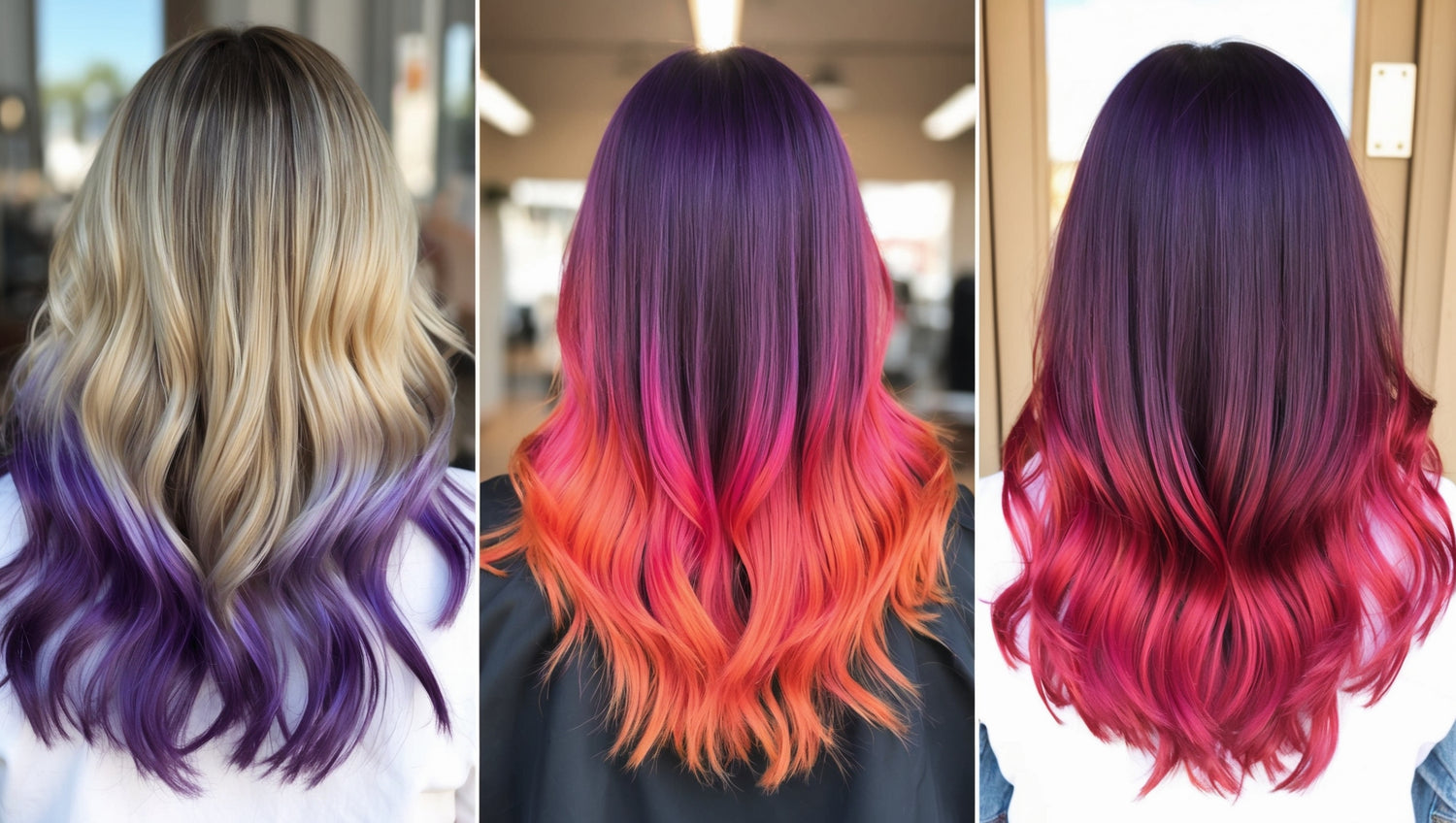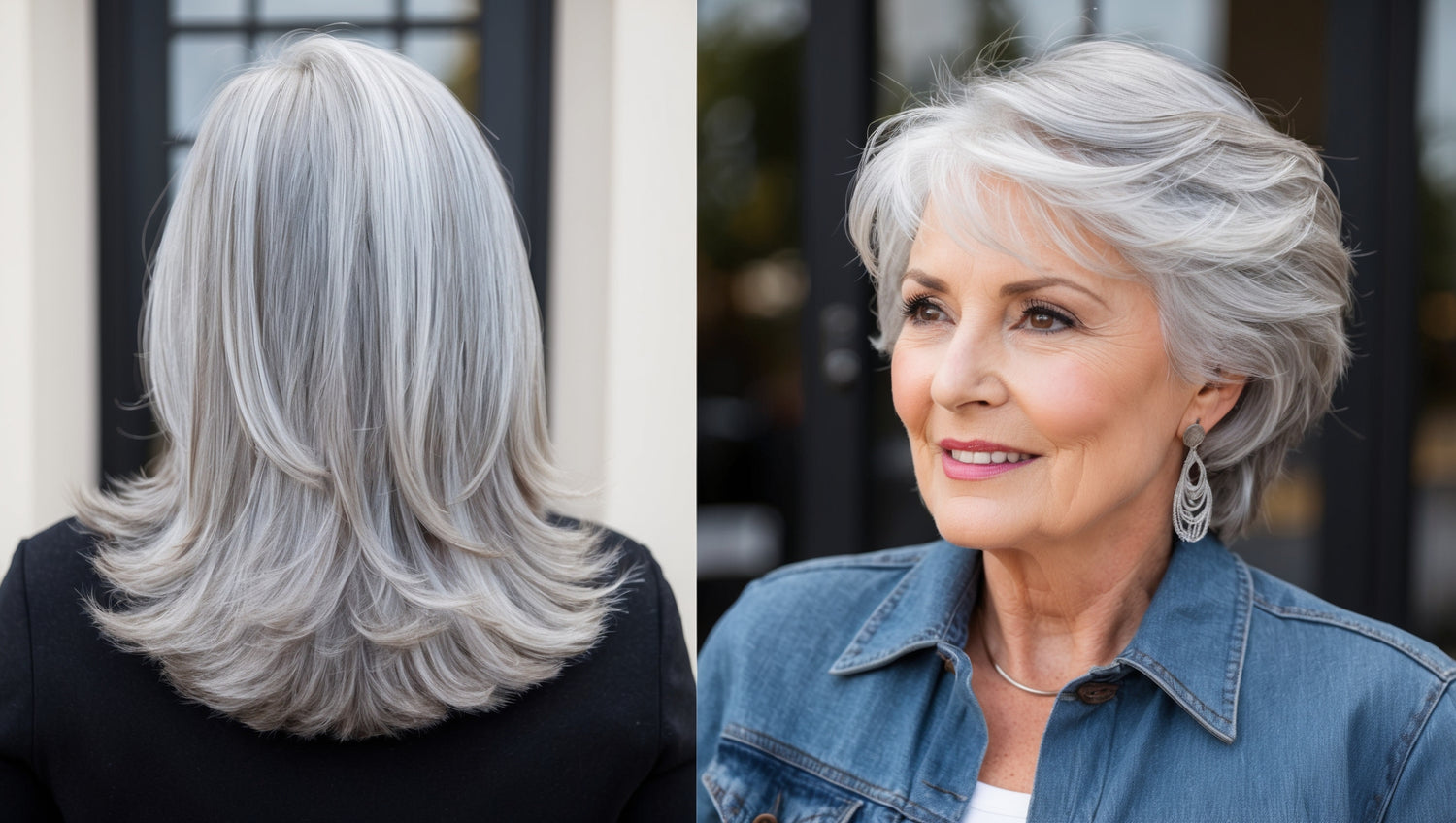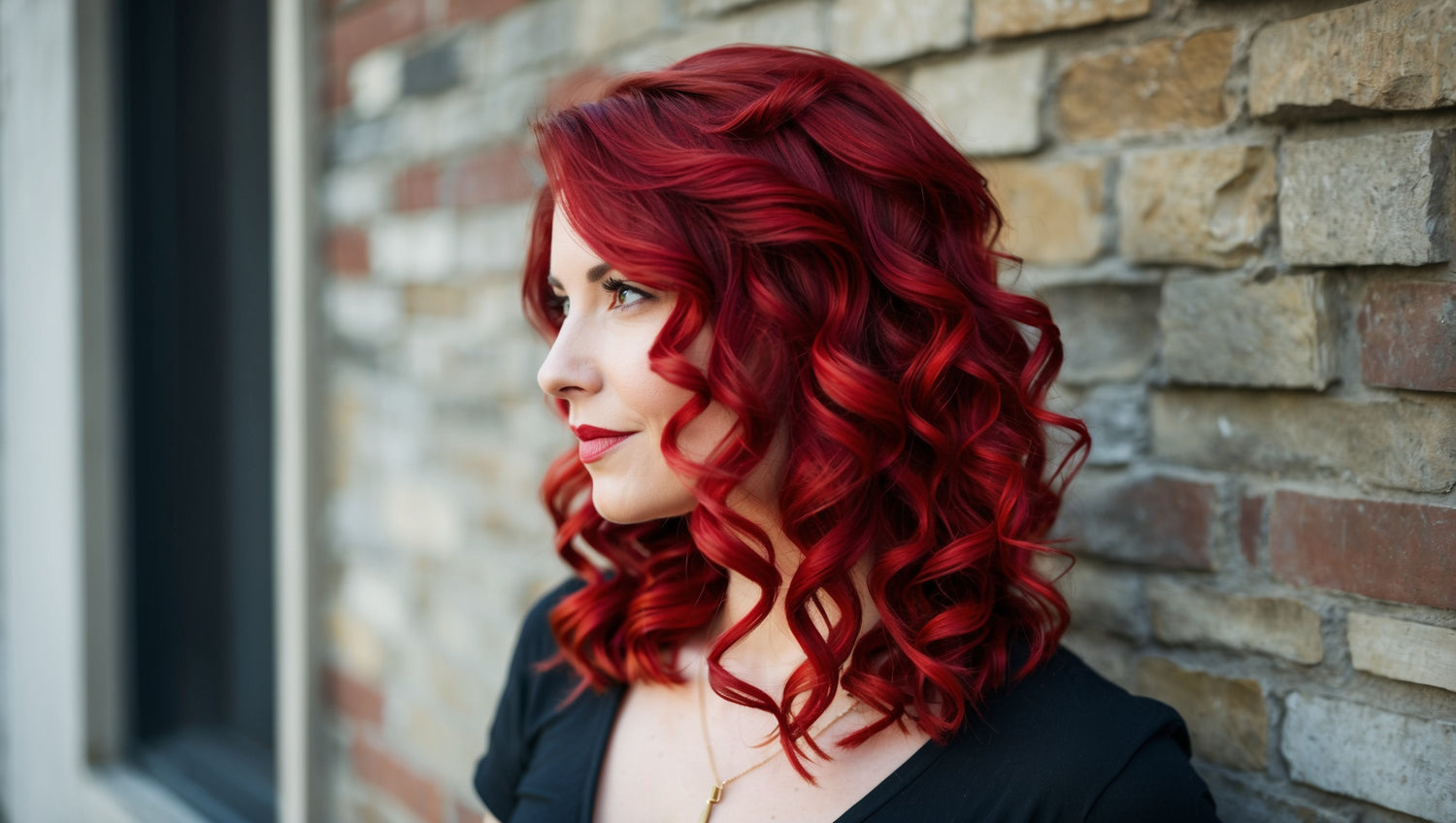Scalp problems are annoying, uncomfortable and also look unsightly. However, you don't have to put up with it if you have dry, itchy or flaky scalp, because there is a suitable solution for all skin problems that will make the symptoms disappear and ensure that you feel comfortable in your skin again. Put an end to scalp problems!
WHAT SCALP DISEASES ARE THERE?
GNEIS (SEBORRHOIC DERMATITIS OR SEBORRHEIC ECZEMA)
Although this skin disease is unpleasant and widespread, it is harmless and not contagious. When someone has seborrheic dermatitis, their scalp will appear as greasy yellow scales, with the skin turning red and inflamed. It is not exactly known why this skin disease occurs, but doctors suspect that yeast fungi are responsible. Alternatively, the tendency to seborrheic dermatitis can also be hereditary. This is supported by the fact that this skin disease can be treated with special shampoos, but it often recurs. Then the only thing that will help you is to use the shampoo that your dermatologist prescribed for you again.
Psoriasis (PSORIASIS)
With psoriasis, the skin around the hairline is red, itchy and flaky. You should definitely treat this problem and, if in doubt, see your doctor, because psoriasis can destroy the hair roots and lead to hair loss that will not go away.
FUNGAL INFECTION
There are various skin fungi that colonize the skin and can cause problems, for example Microsporum canis, Trichophyton tonsurans and Malassezia globosa. Symptoms include dandruff, hair loss, itching and inflammation with pus formation. Skin fungi can be spread from person to person if, for example, you share a towel or brush with another person. You can also get these mushrooms when you cuddle with a cat.
CONTACT ALLERGY
An allergic reaction, for example to p-phenylenediamine, which can be contained in hair dyes, usually manifests itself as swelling and redness of the ears, lips or eyelids. The scalp may react with itching, a flaky rash and pain. In addition to hair dyes, hair bleaches, preservatives in shampoos, hair straighteners and medications can also trigger a contact allergy.
HAIR FELLOW INFLAMMATION (FOLLICULITIS)
In this skin problem, the hair follicle becomes inflamed by bacteria, mostly staphylococci, which are common in bodies of water such as swimming lakes and in nature in general. The bacteria penetrate the skin through a tiny injury and cause a painful, purulent inflammation. Alternatively, inflammation of the hair follicles can also be caused by a clogged pore if the skin produces too much sebum and it can no longer drain away.
WHY DO SCUSTS FORM ON YOUR HEAD?
If you notice crusts on your scalp, there are various possible causes. It could be that you have psoriasis or that your scalp is infected with fungus. To be on the safe side, you should talk to your dermatologist about this.
HOW TO FIGHT SCALP PROBLEMS
If you have a generally sensitive scalp, it is important that you irritate your scalp as little as possible. Protect your head from direct sun, wind and cold with a hat or cap so that your skin is not irritated. You should also make sure to only use mild shampoos that have been specifically developed for the needs of sensitive scalps and contain appropriate care substances such as panthenol or urea. If you can't get an itchy, flaky scalp or other problems under control, don't hesitate to see your dermatologist.
WHAT TO DO IF YOU HAVE A DALKY SCALP?
When it comes to dandruff, a distinction is made between greasy and dry dandruff. If your scalp is oily, try anti-dandruff shampoos with zinc pyrithione, which dissolves dandruff and removes sebum so the skin can recover. If you have dry, flaky scalp, pay particular attention to mild, moisturizing care.
WHAT CAN YOU DO ABOUT Stubborn Dandruff?
If dandruff continues to appear even though you have changed your care routine, you should speak to your dermatologist.
WHAT HELPS AGAINST EXTREMELY DRY SCALP?
If you have very dry and sensitive scalp, proper care is very important. Make sure that your shampoo has a pH value that corresponds to that of the skin and contains active ingredients such as urea and panthenol. It should also be silicone-free, such as MeMademoiselle's Balance Eco Shampoo.





